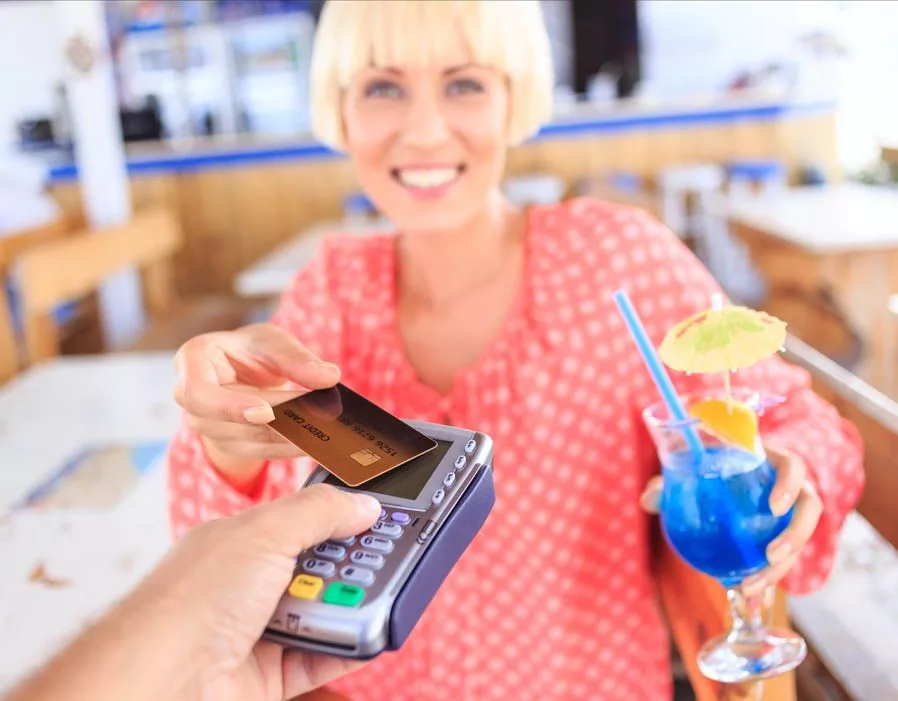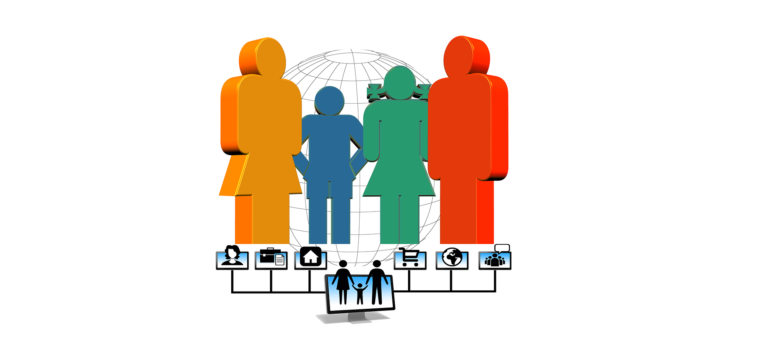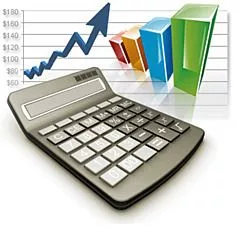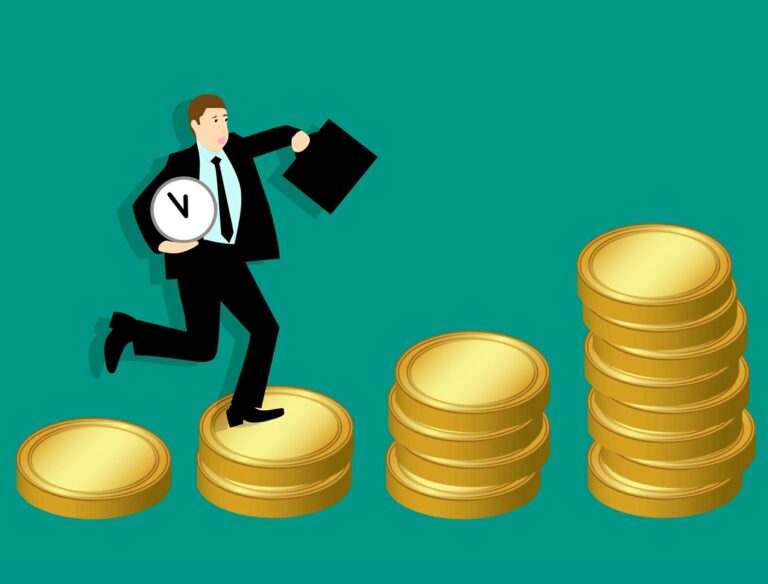Intro
The black market exchange rate dollar to naira has seen some dramatic changes over the past few years. In the past, the dollar was worth significantly more on the black market than it was officially. However, the recent rise in the official exchange rate has caused a corresponding decrease in the black market exchange rate. This has had a dramatic impact on the ability of individuals and businesses to access foreign currency, and has caused a significant disruption to the Nigerian economy. In this blog post, we will examine the rise and fall of the black market exchange rate dollar to naira and its implications for the Nigerian economy.
What is the black market exchange rate?
The black market exchange rate refers to the unofficial exchange rate at which currencies are traded in a clandestine market, outside the control of the government or central bank. In Nigeria, the black market exchange rate specifically refers to the exchange rate between the United States dollar (USD) and the Nigerian Naira (NGN).
Unlike the official exchange rate, which is determined by the government or central bank, the black market exchange rate is influenced by various factors such as supply and demand dynamics, inflation rates, economic stability, and government policies. It is often higher than the official exchange rate, reflecting the scarcity of foreign currency in the country.
The black market exchange rate plays a significant role in Nigeria’s economy. It affects both individuals and businesses, as many rely on foreign currency for various transactions, such as importing goods, paying for international travel, or transferring money abroad. The availability and accessibility of foreign currency at the black market exchange rate can impact the cost of living, inflation rates, and economic growth.
However, it is important to note that engaging in black market transactions is illegal in Nigeria, and individuals or businesses involved may face legal consequences. The Nigerian government has implemented various measures to curb the black market exchange rate, such as imposing restrictions on foreign currency transactions or introducing policies to promote the use of the official exchange rate.
Understanding the black market exchange rate is crucial for individuals and businesses operating in Nigeria, as it can have significant implications for their financial transactions and overall economic stability. In the following sections, we will delve deeper into the factors influencing the black market exchange rate, its historical trends in Nigeria, and its effects on the economy.
The factors affecting the black market exchange rate
The black market exchange rate dollar to naira is influenced by several key factors that contribute to its fluctuations and impact on the Nigerian economy. These factors play a crucial role in determining the supply and demand dynamics of foreign currency in the country.
One of the main factors affecting the black market exchange rate is the scarcity of foreign currency in Nigeria. When the supply of dollars is limited, it drives up the price on the black market, as individuals and businesses are willing to pay more to acquire the currency. This scarcity can be caused by a variety of factors, including economic instability, political uncertainties, or a decline in the country’s export earnings.
Inflation rates also have a significant impact on the black market exchange rate. When inflation is high, the value of the local currency decreases, making foreign currencies more expensive. This leads to an increase in the black market exchange rate as individuals seek to protect their wealth by acquiring foreign currencies.
Government policies and regulations can also influence the black market exchange rate. For example, restrictions on foreign currency transactions or strict capital controls can create a black market where individuals and businesses can trade foreign currency at a premium.
Additionally, the overall economic stability of Nigeria plays a crucial role in determining the black market exchange rate. If the country experiences economic turmoil or political unrest, it can lead to a depreciation of the local currency, driving up the black market exchange rate.
It is important to note that these factors are interconnected and can influence each other. For example, political uncertainties can lead to economic instability, which in turn affects the supply and demand for foreign currency. Understanding these factors is essential for individuals and businesses operating in Nigeria to navigate the fluctuations of the black market exchange rate and mitigate its impact on their financial transactions and overall economic stability.
The history of the black market exchange rate in Nigeria
Over the years, the black market exchange rate dollar to naira in Nigeria has experienced significant fluctuations. These fluctuations have had a profound impact on the Nigerian economy and the financial well-being of individuals and businesses operating in the country.
In the early 2000s, the black market exchange rate was much higher than the official rate. This was primarily due to the limited availability of foreign currency in the country and the high demand for dollars. Many individuals and businesses turned to the black market to access foreign currency for their transactions, leading to a thriving underground economy.
However, as the years went by, the Nigerian government implemented various measures to curb the black market exchange rate. These measures included restrictions on foreign currency transactions and the introduction of policies to promote the use of the official exchange rate. As a result, the black market exchange rate began to decrease, narrowing the gap between the official rate and the black market rate.
In recent years, the rise of the official exchange rate has further impacted the black market exchange rate. The increased availability of foreign currency through official channels has led to a decline in the demand for black market transactions, causing the black market exchange rate to drop even further.
The effects of the black market exchange rate on the Nigerian economy
The black market exchange rate dollar to naira has had significant effects on the Nigerian economy. One of the main effects is the impact on the cost of living. As the black market exchange rate increases, the prices of imported goods rise, leading to higher inflation rates. This, in turn, makes it more difficult for individuals and families to afford essential items, such as food and medicine.
Another consequence of the black market exchange rate is the disruption of businesses. Many companies in Nigeria rely on foreign currency for importing goods and paying for international transactions. When the black market exchange rate is high, it becomes more expensive for businesses to access the necessary foreign currency, leading to increased production costs and reduced profit margins. This can also hinder economic growth and investment in the country.
The black market exchange rate also has implications for foreign investors. When the black market rate is significantly higher than the official rate, it creates uncertainty and instability in the economy. This can discourage foreign investors from putting their money into Nigerian businesses, as they may fear that their investments will lose value due to the fluctuating exchange rates.
Attempts to curb the black market exchange rate by the Nigerian government
The Nigerian government has implemented various measures in an attempt to curb the black market exchange rate. These measures are aimed at reducing the reliance on the black market for foreign currency transactions and promoting the use of the official exchange rate. One of the key measures taken by the government is the imposition of restrictions on foreign currency transactions.
These restrictions limit the amount of foreign currency that individuals and businesses can access through official channels, making it more difficult for them to turn to the black market for their foreign currency needs. Additionally, the government has introduced policies to promote the use of the official exchange rate, such as offering incentives for individuals and businesses to conduct their transactions using the official rate.
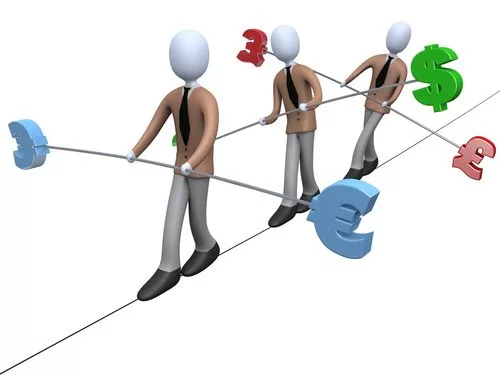
Furthermore, the government has taken steps to increase the availability of foreign currency through official channels. This includes efforts to attract foreign investments, boost export earnings, and stabilize the economy. By increasing the supply of foreign currency, the government aims to reduce the scarcity that drives up the black market exchange rate.
The future of the black market exchange rate in Nigeria.
As we look to the future, the black market exchange rate dollar to naira in Nigeria remains uncertain. While the Nigerian government has taken measures to curb the black market and narrow the gap between the official and black market exchange rates, challenges persist. Economic instability, political uncertainties, and supply and demand dynamics continue to influence the black market exchange rate.
It is crucial for individuals and businesses operating in Nigeria to stay informed about changing regulations and policies regarding foreign currency transactions. Monitoring government initiatives and policies to increase the availability of foreign currency through official channels will be key in understanding and predicting future fluctuations in the black market exchange rate.
The future of the black market exchange rate in Nigeria will also be influenced by global economic factors, such as international trade policies and market trends. As Nigeria continues to attract foreign investments and stabilize its economy, there is hope that the reliance on the black market will decrease.
However, it is important to recognize that completely eradicating the black market may be challenging. The black market exchange rate will likely continue to exist to some extent, driven by factors such as scarcity of foreign currency and individual preferences for alternative channels of exchange.
In summary, while the future of the black market exchange rate in Nigeria is uncertain, staying informed about government policies and global economic trends will be crucial in understanding and navigating its fluctuations.
black market exchange rate dollar to naira vs dollar naira black market exchange rate,
When discussing the black market exchange rate between the dollar and the naira, it is important to understand the nuances between “black market exchange rate dollar to naira” and “dollar naira black market exchange rate.” While they may sound similar, there is a slight difference in the focus of these terms.
“Black market exchange rate dollar to naira” refers to the value of the dollar when exchanged on the black market for the Nigerian naira. This term emphasizes the importance of the dollar as the benchmark currency and how its value fluctuates on the black market in relation to the naira.
On the other hand, “dollar naira black market exchange rate” emphasizes the relationship between the naira and the dollar when exchanged on the black market. This term focuses on the naira as the local currency and how its value is affected by the black market exchange rate for the dollar.
black market naira to dollar exchange rate vs exchange rate naira to dollar black market,
When discussing the black market exchange rate between the naira and the dollar, it’s important to consider the nuances between “black market naira to dollar exchange rate” and “exchange rate naira to dollar black market.” These terms may seem similar, but there’s a subtle difference in their focus.
“Black market naira to dollar exchange rate” highlights the value of the naira when exchanged for the dollar on the black market. It emphasizes the fluctuation in the naira’s value in relation to the dollar and the implications this has on individuals and businesses operating in Nigeria.
On the other hand, “exchange rate naira to dollar black market” emphasizes the relationship between the naira and the dollar when exchanged on the black market. This term focuses on how the black market exchange rate for the naira affects its value in relation to the dollar.
Understanding this distinction is crucial because it allows individuals and businesses to accurately assess the value of their currency in relation to the dollar on the black market. This knowledge enables them to make informed decisions about foreign currency transactions and navigate the impact of fluctuating exchange rates on their financial stability.
In summary, while both terms refer to the same concept, their emphasis provides different perspectives on the black market exchange rate between the naira and the dollar.
black market exchange rate of naira to dollar vs black market exchange rate today,
When discussing the black market exchange rate between the naira and the dollar, it’s important to understand the distinction between the “black market exchange rate of naira to dollar” and the “black market exchange rate today.”
The black market exchange rate of naira to dollar refers to the value of the naira when exchanged for the dollar on the black market. This rate fluctuates constantly, influenced by factors such as supply and demand dynamics, inflation rates, economic stability, and government policies. It is often higher than the official exchange rate, reflecting the scarcity of foreign currency in the country.
On the other hand, the black market exchange rate today simply refers to the current exchange rate between the naira and the dollar on the black market. This rate can vary from day to day, depending on the market conditions and various economic factors.
Understanding the difference between these two terms is crucial for individuals and businesses operating in Nigeria. It allows them to stay informed about the current value of the naira in relation to the dollar on the black market. By monitoring the black market exchange rate today, they can make informed decisions regarding foreign currency transactions and navigate the impact of fluctuating exchange rates on their financial stability.
exchange rate of dollar to naira in black market vs black market naira exchange rate,
The exchange rate between the dollar and the naira in the black market is a topic that sparks confusion among many individuals and businesses in Nigeria. The terms “exchange rate of dollar to naira in black market” and “black market naira exchange rate” may seem interchangeable, but there is a subtle difference in their focus.
When we refer to the “exchange rate of dollar to naira in black market,” we are highlighting the value of the dollar when exchanged for the naira on the black market. This term emphasizes the fluctuations in the dollar’s value and how it impacts individuals and businesses operating in Nigeria.
On the other hand, the term “black market naira exchange rate” focuses on the relationship between the naira and the dollar when exchanged on the black market. It highlights how the black market exchange rate for the naira affects its value in relation to the dollar.
Understanding this difference is crucial for individuals and businesses as it allows them to accurately interpret the value of their currency in relation to the dollar on the black market. By staying informed about the exchange rates of both currencies, they can make informed decisions regarding foreign currency transactions and navigate the impact of fluctuating exchange rates on their financial stability.
Overall, the exchange rate of dollar to naira in the black market and the black market naira exchange rate both play a significant role in Nigeria’s economy and understanding their dynamics is essential for financial planning and decision-making.
Also read:Is Ofleaked Legit Or Scam ? Let’s Find Out!


